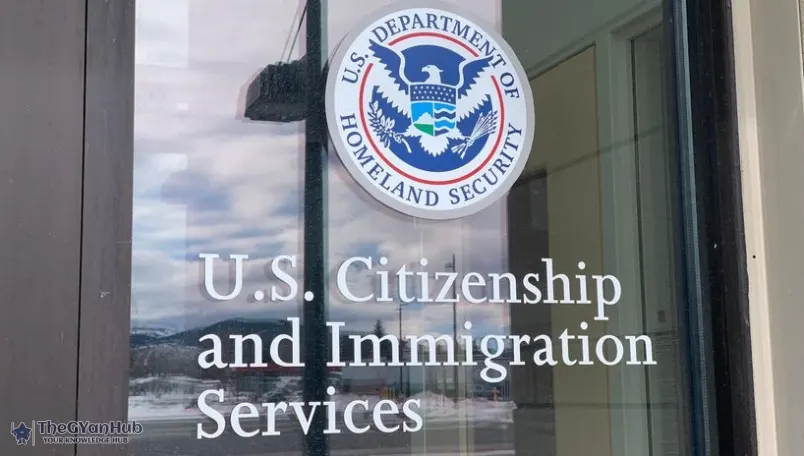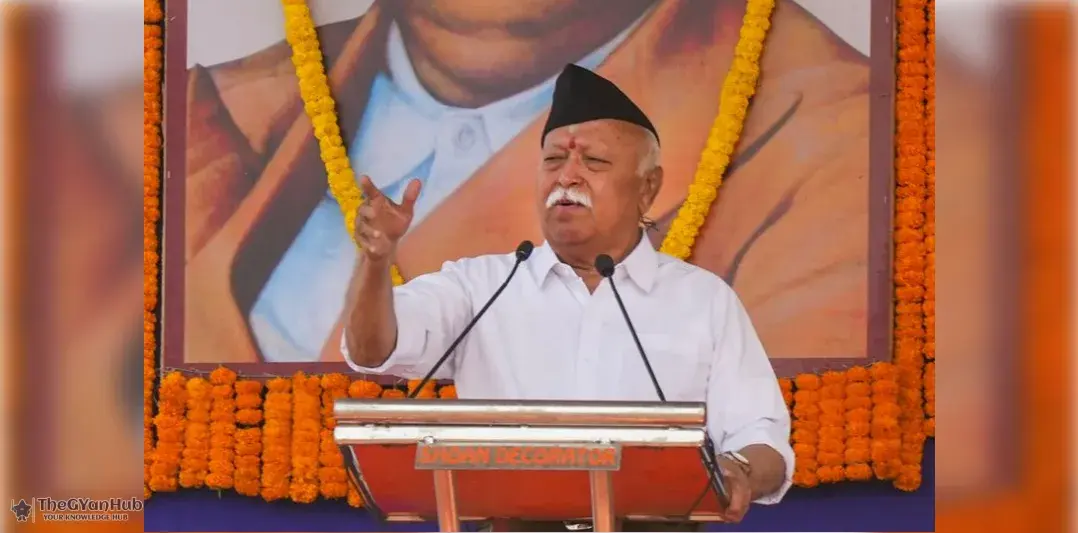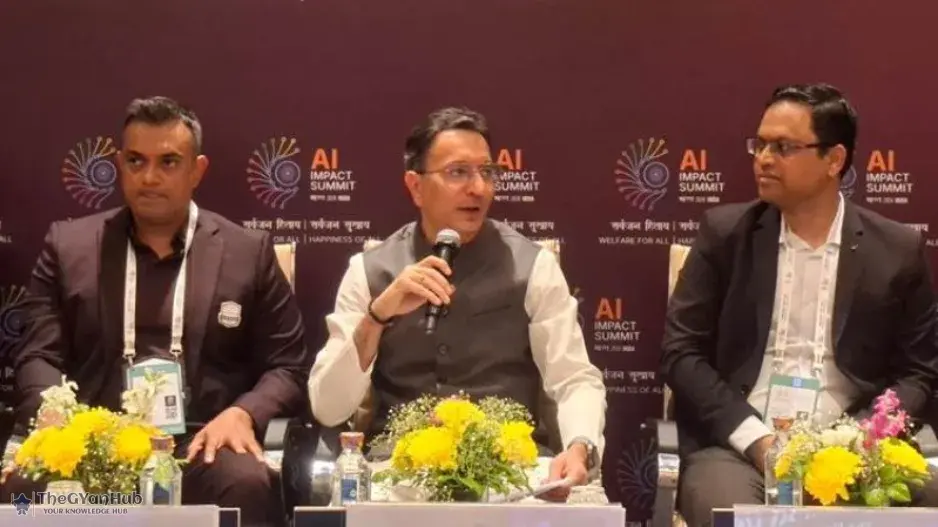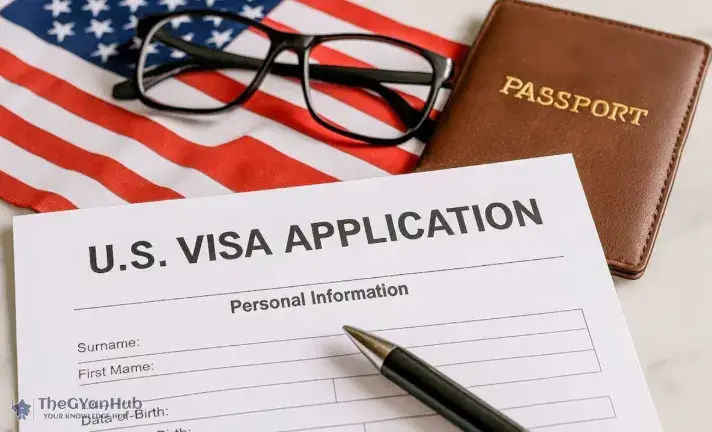I’m a passionate writer who loves exploring ideas, sharing stories, and connecting with readers through meaningful content.I’m dedicated to sharing insights and stories that make readers think, feel, and discover something new.
Overview
Thousands of Indian professionals who work in the US may be impacted by a major policy change that the US recently announced. The Department of Homeland Security (DHS) announced that work permit renewals will no longer be done automatically as of October 30, 2025. Many people are anticipated to be impacted by this decision, especially those with H1B visas and those applying for green cards.

Specifics of the New Policy
The DHS statement states that automatic extensions will no longer be available to those who renew their Employment Authorization Document (EAD) on or after the designated date. Although the goal of this modification is to expedite the procedure, there are worries about possible delays and disruptions for foreign employees.
For many non-citizens, the EAD is essential because it enables them to work lawfully in the US while their visa applications are being processed. Previously, the automatic renewal served as a safety net, avoiding job losses brought on by red tape.
Effects on the Indian Workforce
The skilled workforce in the US is largely composed of Indian professionals, especially in the technology industry. These workers may experience uncertainty and job insecurity if automatic renewals are discontinued. Many worry that they could lose their jobs or even be deported if they don't renew their documents on time.

Moreover, this policy change could deter new talent from seeking opportunities in the US, potentially affecting the country's competitive edge in global markets.
Responses and Issues
Advocacy organizations and immigrant communities are deeply alarmed by the announcement. The new policy, according to critics, may make the immigration system's already-existing problems—such as protracted processing times and administrative backlogs—even worse.
Indian professional associations have demanded clarification and steps to lessen the negative consequences of this ruling. They stress that in order to guarantee that skilled workers can continue to contribute to the US economy without undue hindrance, a more effective and transparent procedure is required.

In conclusion
It is unclear how the US will respond to the concerns expressed by impacted communities as it proceeds with this policy change. The ruling emphasizes the necessity for thorough reform and the continued complexity of the US immigration system.
It will be essential for those affected to remain aware of and ready for any changes in their employment status. This new environment requires careful consideration and strategic planning on the part of both employers and employees.
Additional Reading
Related articles in this category

Education
RSS Not Seeking Power, Focused on Uniting Hindu Society: Insights from Mohan Bhagwat
February 21, 2026
Mohan Bhagwat, the chief of RSS, emphasizes that the organization is not pursuing political power but is dedicated to uniting the Hindu community and promoting individual character development.

Education
Jitin Prasada Unveils India's Ambitious AI Vision and Safety Roadmap at India Today AI Summit
February 18, 2026
At the India Today AI Summit, Jitin Prasada presented a comprehensive roadmap for India's AI vision, emphasizing safety and innovation. This initiative aims to position India as a global leader in artificial intelligence.

Education
Unlocking the Future: AI Offers 100 Times More Opportunities, Says Rubrik CEO at India Today AI Summit 2026
February 18, 2026
At the India Today AI Summit 2026, Rubrik CEO emphasized that artificial intelligence presents 100 times more opportunities for businesses and individuals alike. The summit gathered industry leaders to discuss the transformative potential of AI technology.
US work permitsIndian workforceH1B visasimmigration policyDHS announcementEAD renewalemployment authorizationUS immigrationIndian professionalswork permit renewal






